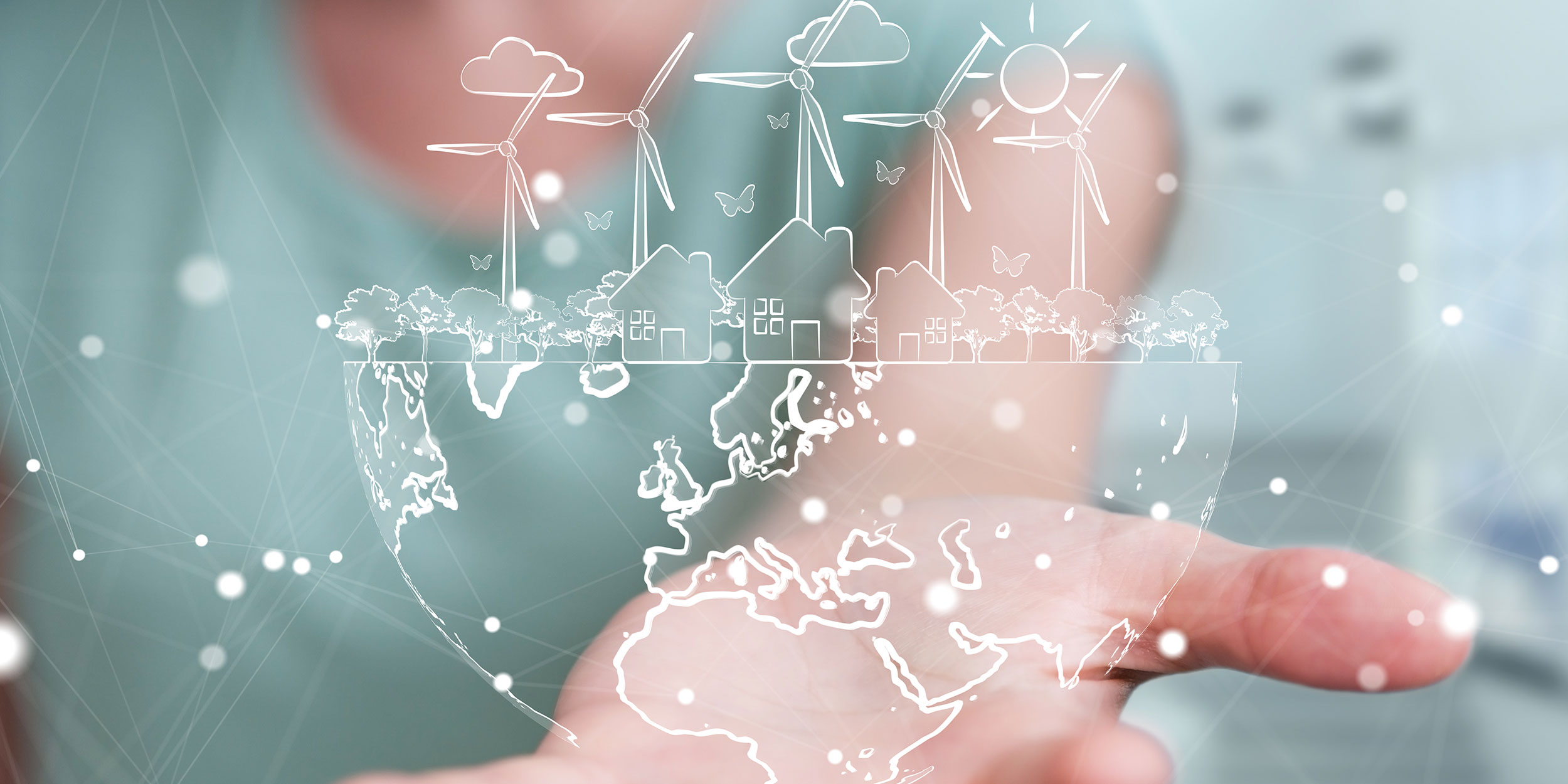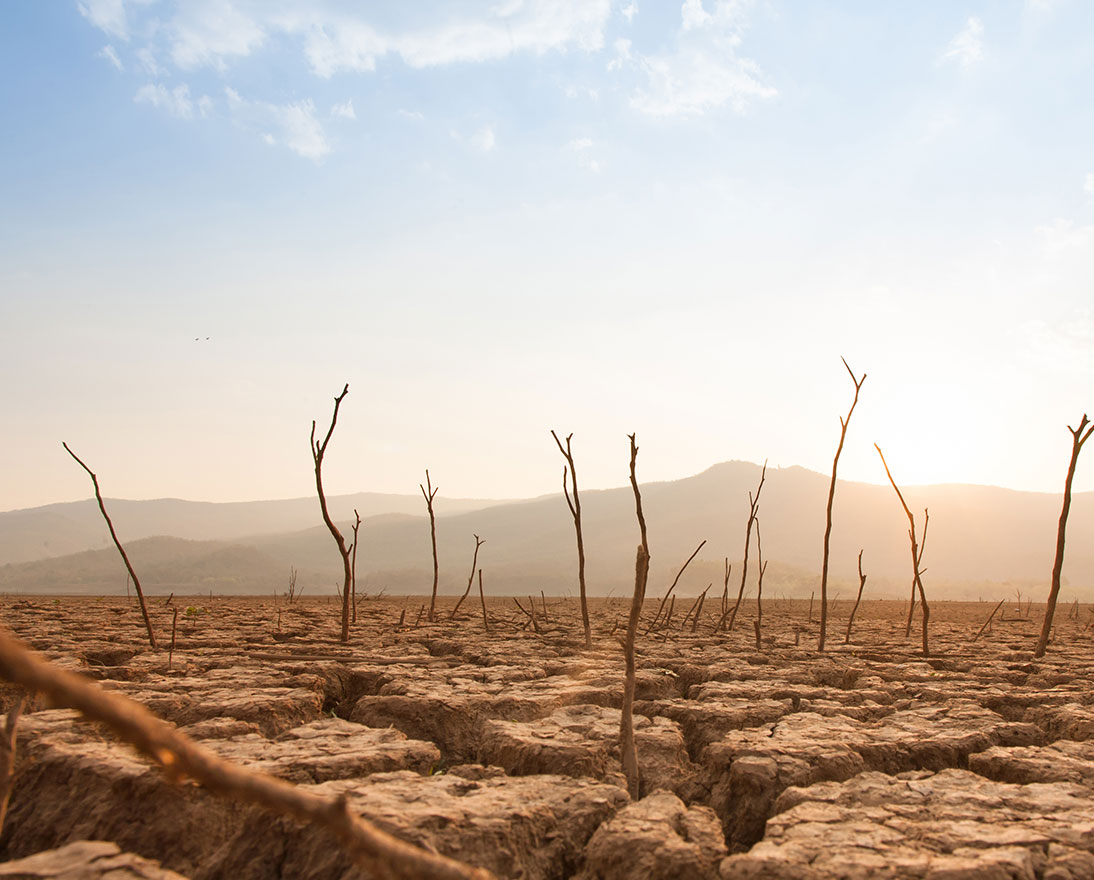Business as unusual: plotting a path through an age of uncertainty
Global risksArticleJanuary 15, 20205 min read
A perfect storm of geopolitical, climate, tech and healthcare crises demands immediate action – before it is too late.
A decade and a half on from the World Economic Forum’s first annual Global Risks Report, the troubles on our doorstep are all too familiar. Yet the 15th edition, produced in collaboration with Zurich Insurance Group, has a distinctively stark new message: the time to act is now.
The global economy is softening. Meanwhile, the past five years have been the warmest on record, cyber-attacks are expected to increase this year and citizens across the world are protesting about political and economic inequality.
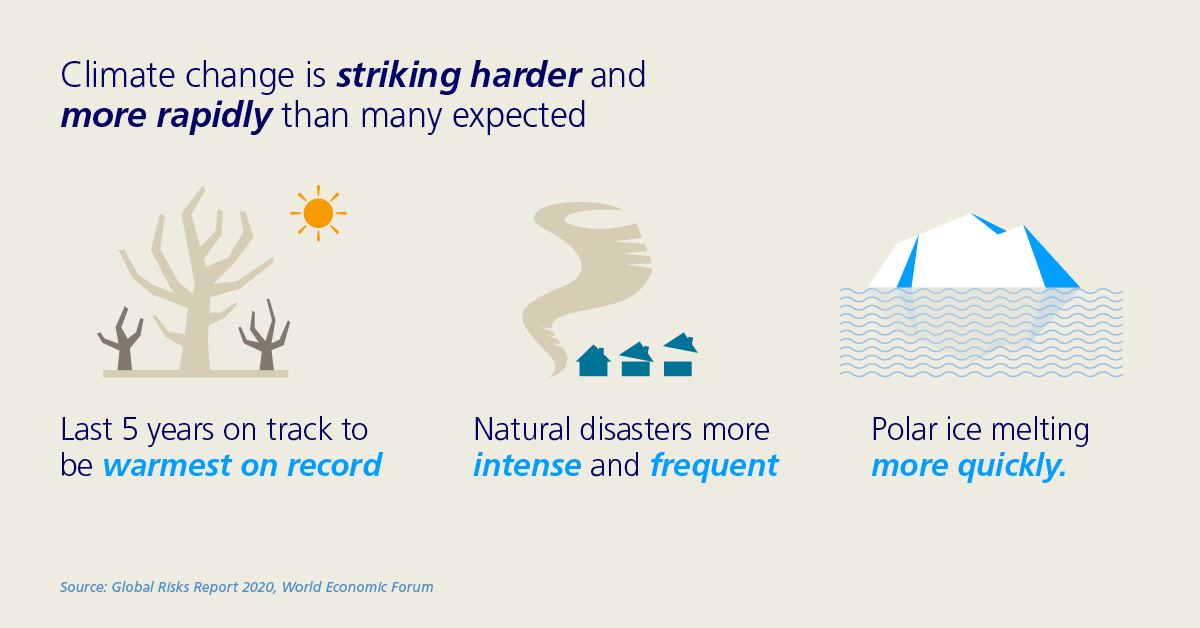
But waiting for the fog of geopolitical and geo-economic uncertainty to lift is no longer an option. The window of opportunity to effect change has narrowed markedly, so when it comes to the economy, the environment, technology and public health, stakeholders must start immediately to find ways to act with purpose within an unsettled global landscape.
At the heart of this crisis sits the environment. “Failure of climate change mitigation and adaptation” is ranked as the number one risk by impact and number two by likelihood in the Global Risks Report 2020.
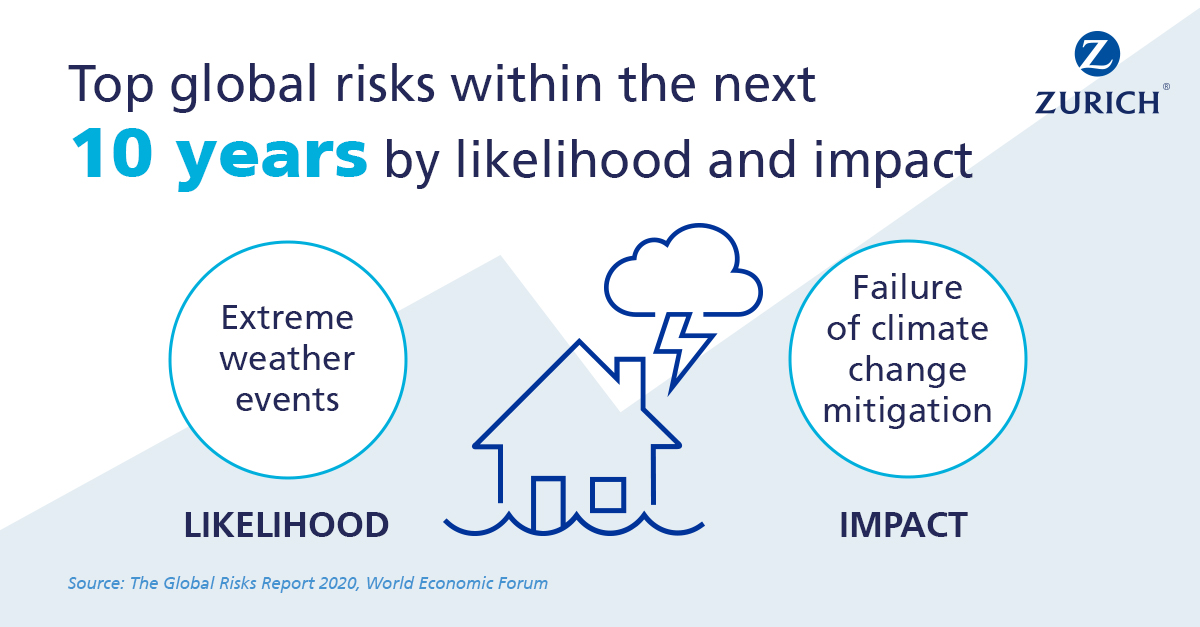
The urgency of this crisis cannot be overstated: the near-term consequences of climate change add up to a planetary emergency. Its implications are catastrophic and wide-ranging – from widespread loss of life and economic upheaval, to food and water crises which lead to increased migration and exacerbate geopolitical tensions.
“We've got to act now,” says John Scott, Zurich’s Head of Sustainability Risk. “And when I say ‘we’ it's not just the financial services sector – that means government, financial services and the carbon intensive sectors working together in a collaboration of the willing to try and address decarbonization.”
“And if we don't do that, in any way we've got to prepare for the physical consequences of climate change and start adapting our societies for that.”
Alongside this sits the alarming acceleration of biodiversity loss – rated in the report as the second most impactful and third most likely risk to materialize over the next decade. All human life depends on the delicate balance of nature, yet the current rate of extinction is tens to hundreds of times higher than the average over the past ten million years – and it is accelerating.
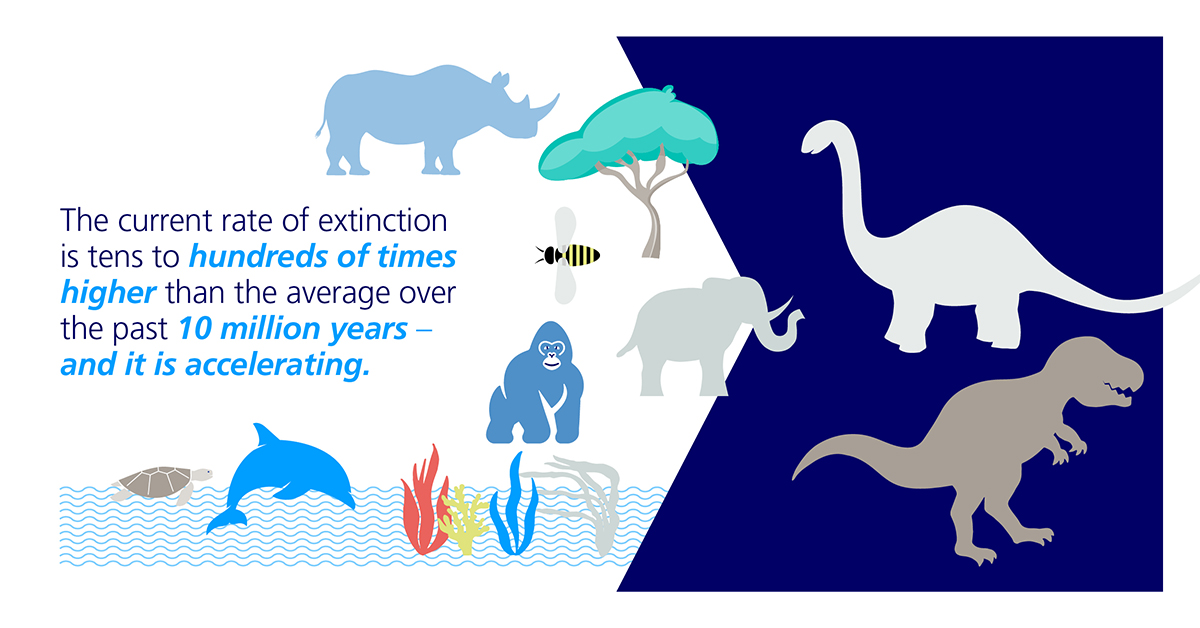
These concerns alone would be enough to set alarm bells ringing on a global scale. The overall picture, however, is even more worrying, covering areas as diverse as technology and healthcare systems.
Health systems around the world are at risk of becoming unfit for purpose, as noncommunicable diseases, typically related to increases in longevity, such as cardiovascular conditions and mental illness replace infectious diseases as the leading cause of death.
“The time horizons for dealing with these really significant environmental, economic, technological and health risks are very narrow,” adds John Scott. “And this is in a world where we are already incredibly fragile economically and incredibly unprepared geopolitically to deal collaboratively with those challenges.”
Finding solutions is made all the harder by the growing threat of digital fragmentation – the lack of a global technology governance framework to ensure compatibility between systems and the challenge of implementing international cybersecurity frameworks.
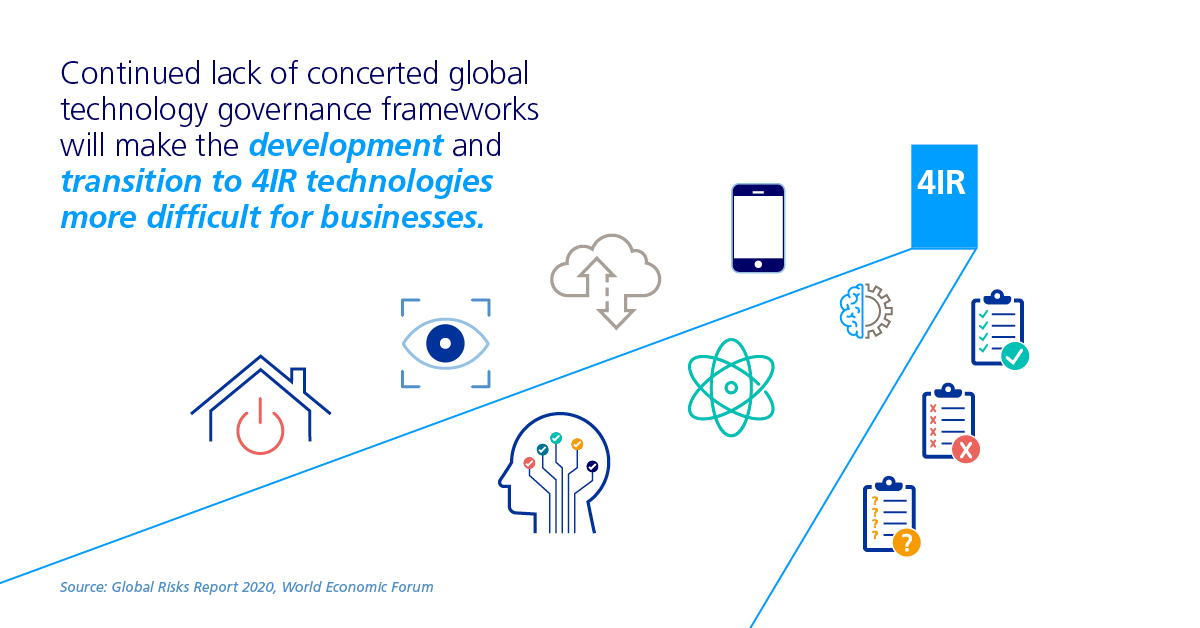
Meanwhile, as well as macroeconomic fragility, there is widespread public frustration at rising inequality. According to the 2019 Edelman Trust Barometer, just one in five people believe “the system” is working for them.
The Organisation for Economic Cooperation and Development (OECD) warns: “Escalating trade conflicts are taking an increasing toll on confidence and investment, adding to policy uncertainty, aggravating risks in financial markets and endangering already weak growth prospects worldwide.”
By 2022, the World Trade Organization projects that trade conflict could reduce global trade by approximately 17 per cent, and global GDP by close to 2 per cent.
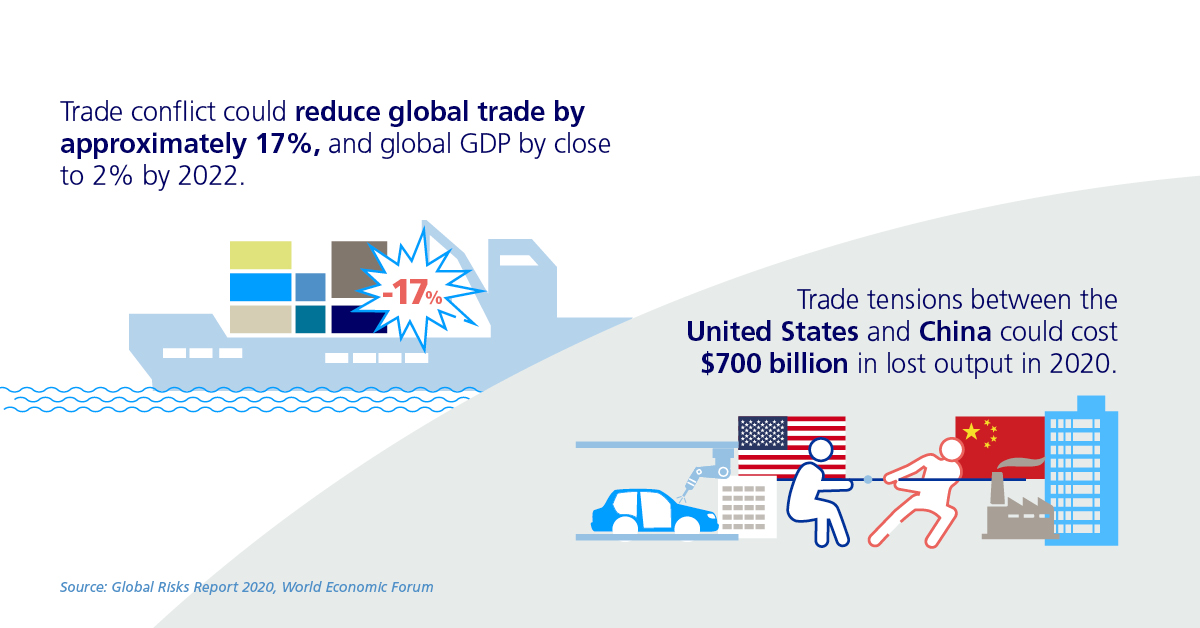
The picture is not unremittingly gloomy, however. As the World Economic Forum’s president, Børge Brende, puts it:
“The good news is that the window for action is still open, if not for much longer.”
“And, despite global divisions, we continue to see members of the business community signal their commitment to looking beyond their balance sheets and toward the urgent priorities ahead.”
Global risks are so big, interconnected and complex, it is not in the gift of any individual company – or indeed country – to solve them. However, innovations such as the Financial Stability Board’s Task Force on Climate-related Financial Disclosures – a global cohort of business leaders who developed recommendations for businesses - have created a good framework to work within.
Demographic shifts also act as a positive catalyst. In the long term, mobilization of youth could lead to a new “green” social contract reordering political and business life, as today’s climate-striking schoolchildren gradually become tomorrow’s workers, investors and consumers.
The collective strength of activist youth provides a template for the action businesses and governments need to take today.
For while it may be tempting to zero in on siloed areas of risk, the threats in 2020 and beyond will require both systems-level thinking and multistakeholder cooperation to achieve progress.
Key Takeaways:
- Waiting for the fog of geopolitical and geo-economic uncertainty to lift is no longer an option
- Stakeholders must act immediately on the economy, the environment, technology and public health
- This crisis is unfolding in the context of macroeconomic fragility and widespread public frustration at rising inequality
- The threats in 2020 and beyond will require both systems-level thinking and multistakeholder cooperation to achieve progress
